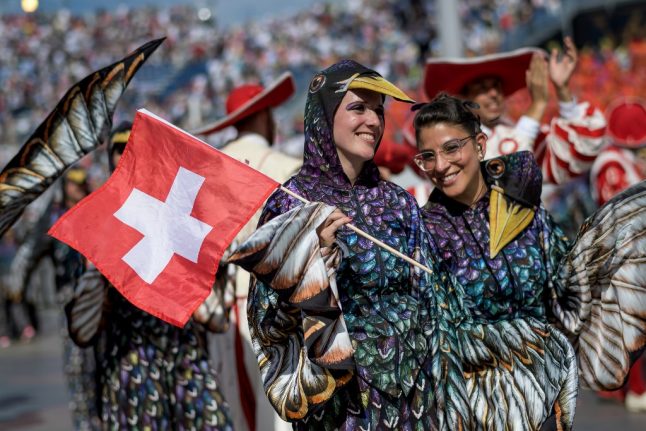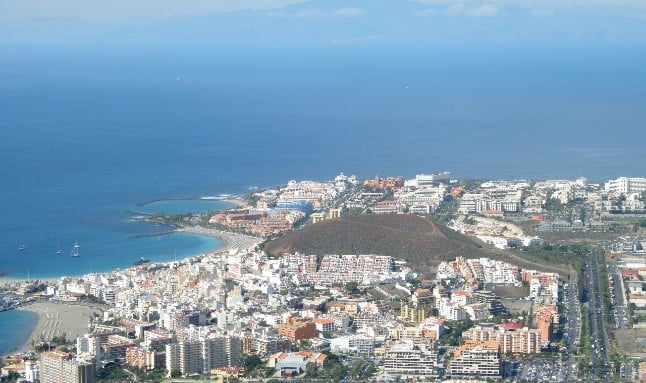Here are the national public holidays in 2020 when businesses and schools normally close.
Wednesday January 1st: New Year’s Day
Good Friday, April 10th: Two days before Easter Sunday, Christians commemorate Jesus Christ’s crucifixion.
Ascension Day, Thursday, May 21st: Traditionally celebrated the 40th day after Easter Sunday, this holiday commemorates Jesus’s ascension into heaven.
National Day, Saturday August 1st: Swiss celebrate the historic alliance concluded in 1291 by the three cantons of Uri, Schwyz and Unterwalden, which laid the foundation of present-day Switzerland.
Christmas Day, Friday December 25th: As in all Christian nations, it is a public holiday in Switzerland as well.
In addition to these official national events, individual cantons or regions celebrate their own holidays:
Monday January 6th otherwise known as the Epiphany or Three Kings Day is a holiday in the cantons of Graubünden/Grisons, Lucerne, Schwyz, Ticino and Uri.
READ ALSO: REVEALED: the Swiss communes with the most public holidays`
St Joseph's Day on Thursday March 19th is a holiday in the cantons of Nidwalden, Solothurn, Schwyz, Ticino, Uri and Valais.
Easter Monday on April 13th is also a holiday in most cantons, but not nationwide.
Labour Day, Friday,May 1st: This celebration of the working classes is a public holiday in Fribourg, Jura, Lucerne, Neuchâtel, Schaffhausen, Solothurn, Thurgau, Ticino, Zurich.
Thursday June 11th – Corpus Christi is a public holiday in Aargau, Appenzell Innerrhoden, Fribourg, Jura, Lucerne, Nidwalden, Obwalden, Ticino, Uri, Valais, Zug.
Assumption Day, Saturday, August 15th: Celebrated in Aargau, Appenzell Innerrhoden, Fribourg, Jura, Lucerne, Nidwalden, Obwalden, Schwyz, Solothurn, St Gallen, Ticino, Uri, Valais, and Zug, this Christian holiday it is the principal feast of the Blessed Virgin, the mother of Jesus Christ.
Jeûne genevois, Thursday September 10th: – A Geneva holiday dating back to the 16th century originally involved fasting but that is no longer the case today. A typical food eaten on this day is a plum tart.
Lundi du Jeûne fédéral, Monday September 21st: Celebrated on Sunday September 20th in the whole of Switzerland (except in Geneva), this interfaith holiday focusing on thanks-giving and repentance is a public holiday in Vaud the following Monday.
Sunday November 1st – All Saints day falls on a Sunday in 2020 but it is normally a pubic holiday in the following cantons: Appenzell Innerrhoden, Glarus, Jura, Lucerne, Nidwalden, Obwalden, St. Gallen, Schwyz, Ticino, Uri, Valais and Zug
Tuesday December 8th – the Christian feast of the Immaculate Conception is a holiday in most cantons.
December 26th is also a public holiday in most cantons although given it falls on a Saturday in 2020 it won't be a day off.
There are also some minor holidays celebrated in certain individual cantons in 2020. You can more information here.



 Please whitelist us to continue reading.
Please whitelist us to continue reading.
Member comments